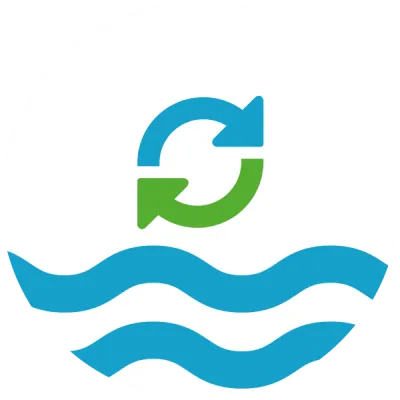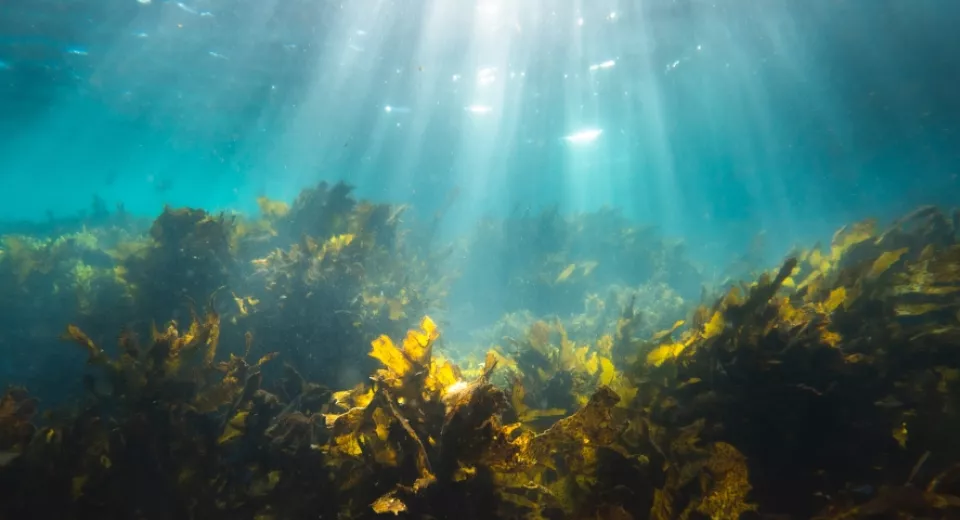Ecosystem approach

No economic growth without a sound natural basis.
Mutual reinforcement in a relationship of interdependence is in essence what an ecosystem amounts to. And what the blue economy should focus on if it is to achieve growth which is not to the detriment of the natural environment. The blue economy should be made possible by nature-based solutions.
In a nutshell, achieving sustainable growth is the ambition of the blue economy. To fulfil this ambition, we need to work on an ecosystem in which economy and ecology are completely intertwined. Or in other words: in which the physical and biological environment of the coast and sea forms the basis for economic activities, so that nature conservation can even contribute to economic growth.
Chains of cause and effect
Yet the direct impact of the living environment on the economy and vice versa cannot be substantiated by actual figures. For this reason, a specific project involving several partners has been mounted.
SUMES stands for Sustainable Marine Ecosystem Services and is aimed at determining the degree to which the marine ecosystem is capable of supplying goods and services, and conversely, what local, regional and global effects (socio-)economic activities have on the environment.
Thanks to the specially developed SUMES model, this project should increase our understanding of the chain(s) of cause and effect. This increased understanding should eventually allow us to develop specific measures in terms of climate change, food and energy security, and human health.

But what exactly are these ecosystems? One concrete example is Coastbusters, which involves the development of a natural reef along the foreshore of the North Sea. Such a soft structure, formed by marine plants and/or animals, is an ecosystem in itself and a source of food for other sealife.
In addition, such a soft solution is much more natural than hard structures like seawalls. In the long run, these organic reefs could also have an economic effect, e.g. by serving as nurseries for mussels or seaweed.
Lower energy cost
However, an ecosystem can also be explained as a network or a community in which the partners reinforce and inspire each other, so that the whole can become more than the sum of its parts. An example of this is the European project Inn2POWER, bringing together partners from Flanders, the United Kingdom, Germany, Denmark and the Netherlands.
Within the scope of this project, SMEs from the North Sea region are encouraged to cooperate on the maintenance and monitoring of offshore wind farms. This way, ideas are exchanged to accelerate the introduction of innovative maintenance methods and products, eventually resulting in a reduction of the energy cost. In the long run, this will benefit the entire consumer ecosystem.
Conclusion: ‘Ecosystem approach’ can thus be interpreted and construed in different ways. Either the blue economy makes use of ecosystems – such as natural reefs – to protect the hinterland, which also creates commercial benefits, or collaborations are set up – for instance between organisations around the North Sea region – to strengthen this region and its living environment.
In both cases, nature comes out stronger and there is a positive impact on economic growth.